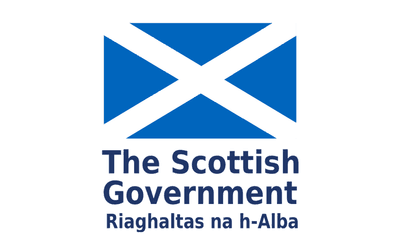£40 million boost for rural broadband as UK pension funds back new investment drive
Thousands of rural homes and businesses could soon see faster internet speeds, thanks to a new £40 million investment announced under the UK Government’s Sterling 20 initiative.
The scheme brings together the country’s 20 largest pension funds and insurance firms – including Nest, Aviva, Legal & General and M&G – to invest more of the nation’s savings into local growth projects. Among the sectors set to benefit are housing, green energy and rural broadband.
Backing better broadband for rural Britain
Nest, which manages pensions for nearly half of the UK’s working population, has already pledged £40 million to help extend full-fibre broadband across rural parts of Scotland and northern England.
This investment is expected to complement the government’s existing Project Gigabit programme – a £5 billion rollout designed to bring gigabit-speed connections (1Gbps or more) to nearly every home by 2032.
Currently, around 88% of UK premises can already access gigabit broadband, with coverage forecast to rise to 97–98% by 2027, according to Ofcom. But some remote rural areas remain extremely difficult to reach, and it’s hoped this extra funding will help bridge that final gap.
“Getting Britain building again”
Chancellor Rachel Reeves said the Sterling 20 partnership shows how collaboration between government and investors can deliver real benefits for communities:
“This is about getting Britain building again – bringing our savings, our investors and our regions together to deliver the homes, infrastructure and industries that will drive growth and create good jobs in every corner of the country.”
She added that when pension funds invest in UK infrastructure, “everyone benefits – from the construction worker on site, to the small business on the high street, to the saver seeing their pension grow.”
What happens next?
More details about the broadband element of the scheme are expected to be revealed at the upcoming Regional Investment Summit in Birmingham this week.
For now, it’s understood that much of the funding will focus on “hard-to-reach” rural communities that still struggle with poor connectivity – areas where even Project Gigabit’s commercial and subsidised builds may fall short.
The move comes as the government faces growing pressure to set out a clearer plan for the last 0.3% of UK homes still without reliable broadband, and to review the outdated 10Mbps Universal Service Obligation that was meant to ensure a minimum level of service nationwide.
Why it matters for broadband users
While this funding won’t transform broadband speeds overnight, it signals a welcome step toward closing the rural digital divide – helping more UK homes and businesses enjoy the same fast, full-fibre connectivity already available in towns and cities.
To see what broadband speeds and deals are already available where you live, compare providers with our postcode checker.




